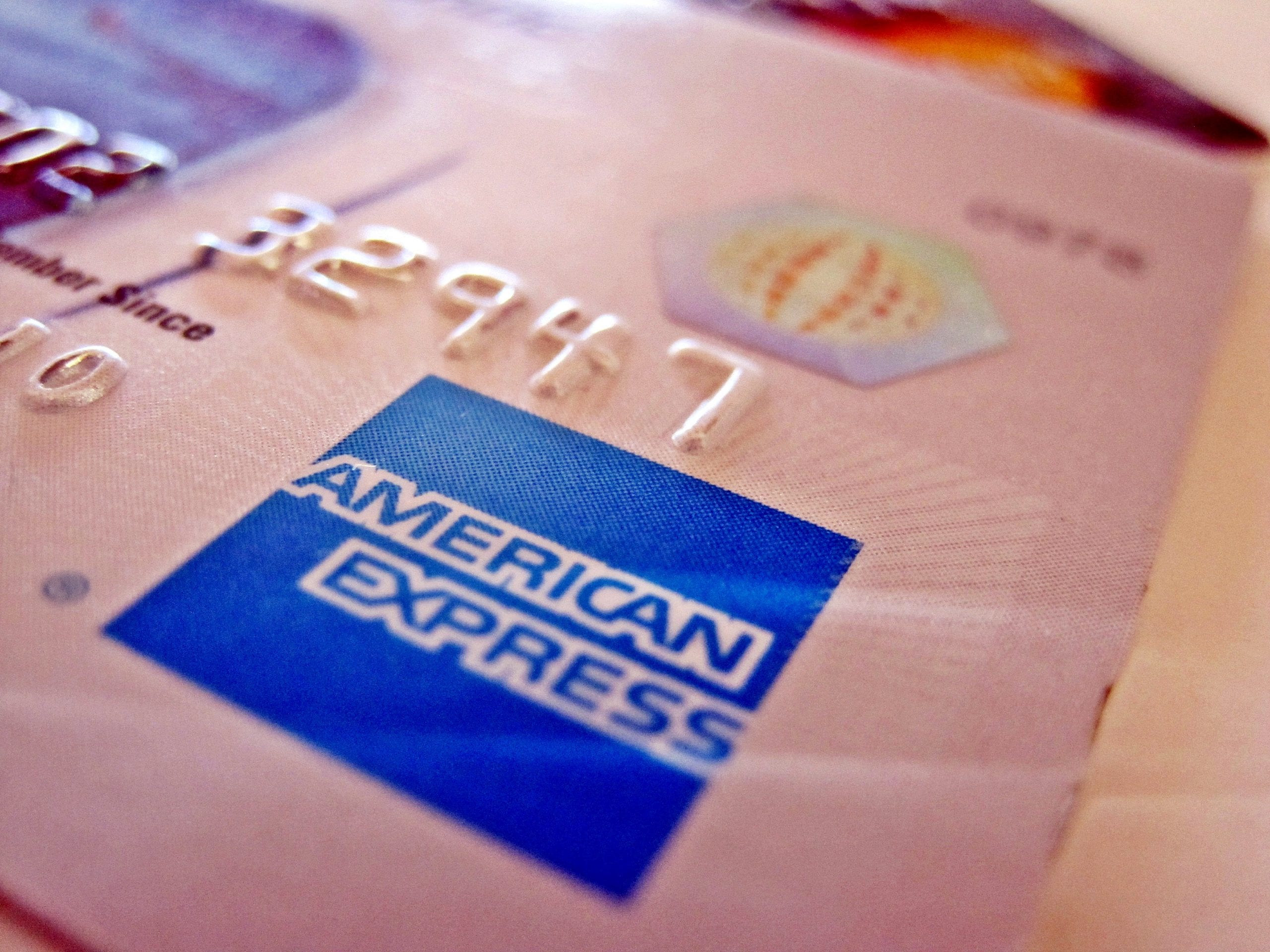Bad credit can and does happen to good people. Whether it’s the result of a huge and unexpected medical bill, or a painful divorce, bad decisions made in someone’s youth, bankruptcy, or a foreclosed home, the results can be a lot of anxiety, self-blame, and fear that credit will never be obtainable again. This problem is common among members of our nation’s armed forces.
However, as long as those with poor credit turn over a new leaf, the good news is that “time heals.” As the years go by, if credit-related behavior is responsible, credit scores should gradually improve. However, that can be a long time to wait. What can be done to start rebuilding a low credit score as soon as possible?
Start fresh with a secured credit card
A secured credit card is a credit card that requires applicants to put down a deposit before opening an account. In this way, the issuer has money to fall back on if the cardholder becomes delinquent. Most of the time, the deposit amount will be equivalent to the card’s credit limit.
It’s important for cardholders to remember that even though they have paid the full value of the card as a deposit, secured cards work just like “regular” credit cards—they need to pay by the statement due date, and if they don’t pay in full, they will be charged interest.
Those who handle secured credit cards well may be offered the opportunity to “transform” the secured card into a regular one, but should be sure to look at the fees and benefits of the card first.
Watch credit reports like a hawk
Make sure you file for your free credit report every year. Read it, and find and fix any mistakes. There will be accurate, negative items on that report, so don’t let untruthful ones pull the score down any further.
Try a credit builder loan from a credit union
Typically issued to its members by a credit union, a credit builder loan is intended to help people with poor credit or no credit build credit, at no risk to the bank. Typically, it works like this: The bank “loans” you a relatively small amount of money ($250-1500), but you don’t actually receive it until the end of the loan. Instead, you pay the bank a set amount every month, on time, including some (relatively low) interest, and then get the amount at the end. Success will mean that your credit score goes up. It sounds a little crazy, but the idea is to prove to the credit bureaus that you can be trusted to pay a bill on time.
If you have some money in the bank but can’t get credit, you can also use this same concept to “borrow against” the money you yourself have in the bank. That money is inaccessible to you until you “pay off” the credit builder loan.

Living on Credit Cards by Images Money
Be incredibly careful with paying bills on time
Those who are on the road to rebuilding credit must be scrupulous about paying every single bill on time, every time. It is probably advisable to put bills on auto-pay whenever possible, but don’t do this if it might result in overdrafts, and don’t forget to change these auto-pay setups if anything changes in your banking situation. Another way to handle it is to set up multiple reminders in electronic calendars and on cell phones (some companies will also send you reminders). If for some reason you know you will not be able to pay a bill, in part or in full, call the company ahead of time and speak to someone.
Consider becoming an authorized user on someone else’s credit card
If a secured credit card is not a possibility, or even if it is, another avenue towards beginning to reestablish credit is to become a secured user on another person’s credit card. It is important to understand that this basically gives you all the rights and privileges of the credit card with none of the financial responsibilities, so the card-holder must have a high degree of trust in the user that the user must not betray, or discord will inevitably follow. Becoming an authorized user also does not build your credit as well as holding your own card would.
Build up an emergency fund so you don’t get in trouble all over again
The basic emergency fund is such a key financial tool, but it’s amazing how many Americans don’t have this cushion available. Such a fund is no doubt even more important for people coming back from bankruptcy. Although it may be hard to build up, it’s worth it. Even $250 can make a big difference.
Create and stick to a budget
Although bankruptcy often does come about as the result of unavoidable circumstances, such as massive medical bills, recovering from this situation may well entail learning or relearning good budgeting habits, so that the consumer does not get caught in the same situation again. Making and sticking to a clear and user-friendly monthly budget with realistic and accurate numbers can help bankruptcy filers stay on track in the long term, especially if they are attempting to repay obligations under Chapter 13.
Watch out for predatory lenders
Payday loans, rent-to-own, car title loans…all these predatory practices are a bad idea for borrowers, but these businesses tend to know that consumers with poor credit are especially likely to fall into this trap. As a result, they may market to those in this situation. People with poor credit need to be especially careful to avoid these dangerous loans.




![Blog Post Image: Pexels [Silhouette Photo of Jumping Children, photo by Margaret Weir, Sept. 22, 2017, CC0]](https://oneop.org/wp-content/uploads/2024/04/pexels-margaret-weir-620530-600x403.jpg)










